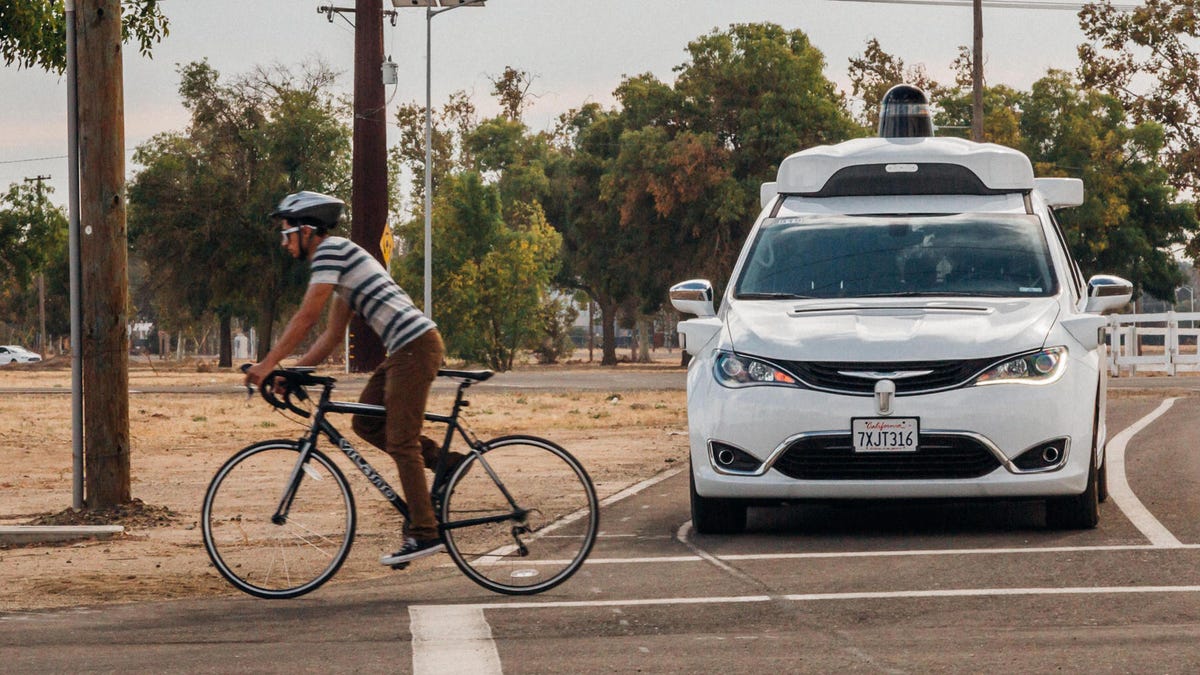California self-driving rule tweaks boost manufacturer liability
The changes to the proposed rules came after a number of public comments.

California is hard at work on a set of regulations for future self-driving cars, and one new tweak could affect crash liability in a big way.
The California Department of Motor Vehicles has altered how the state will treat manufacturer liability in the event of a crash, the Associated Press reports. Originally suggested by General Motors, this rule would let OEMs escape liability in the event the vehicle was not maintained to manufacturer specifications, but that is no longer the case.
Some see this as a win for consumers. Per an earlier AP report, manufacturers could have theoretically used this loophole to skirt liability even in the case of the most minor infraction -- say, if a tire has 1 or 2 fewer pounds of pressure than it should. The adjusted regulations eliminate that potential loophole, which might not be so great for those tasked with building self-driving cars.
Liability is a concern in vehicles that contain human controls, but what about in cases where there's no steering wheel or pedals at all?
Liability is one of the major cornerstones of any future policy regarding autonomous vehicles. Vehicles will carry the capability to act as their own driver, opening up a new world of legal possibility regarding culpability in the event of an accident.
Who assumes responsibility -- the owner, who is technically in charge of the vehicle, or the manufacturer? It's not a question that's been asked before, and thus, regulations must take this into account as they're crafted over the next few years. No matter who's at fault, one party is almost certainly guaranteed to thrive in this sort of environment -- the lawyers.
What California does with its regulations could make waves across the country. California is one of a small handful of states where autonomous cars are already permitted for testing purposes, and the decisions it makes in these early stages could help craft regulations in other states later on.
The federal government is working on a national framework for self-driving cars, too. But according to the latest version of this policy, it's largely a set of guidelines that set the stage for delineation of responsibility between the state and federal levels. The states will be in charge of things like licensing, insurance and inspections, while the feds will be in charge of safety and public education, among others.
It's worth mentioning that the regulations are still in draft form, and will remain so until early 2018. The California Department of Motor Vehicles is still accepting public comments on the regulations until Dec. 15, so the latest version of the regulations may not be the final version.

